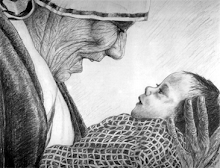"...life is a journey in a fallen world, where things are not the way they are supposed to be. Plans do not always go as expected. That for all of our sense of self-importance and control, we really have little management over the course of life—no more than a mariner has control of the sea."
-John Johnson (Village Pastor)
1 day ago







